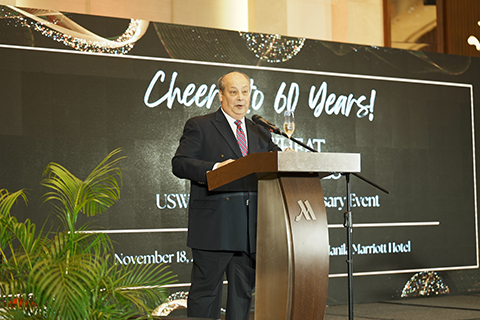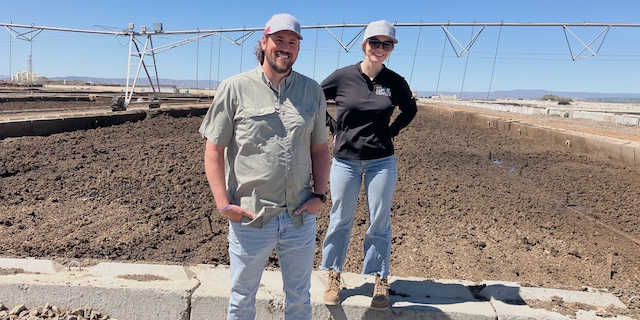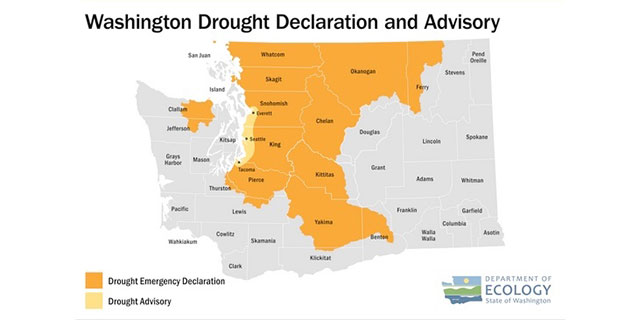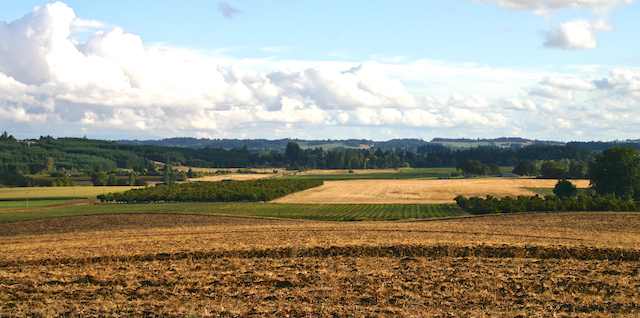Passion for farming inspires Washington wheat leader
Published 8:45 am Friday, January 5, 2024
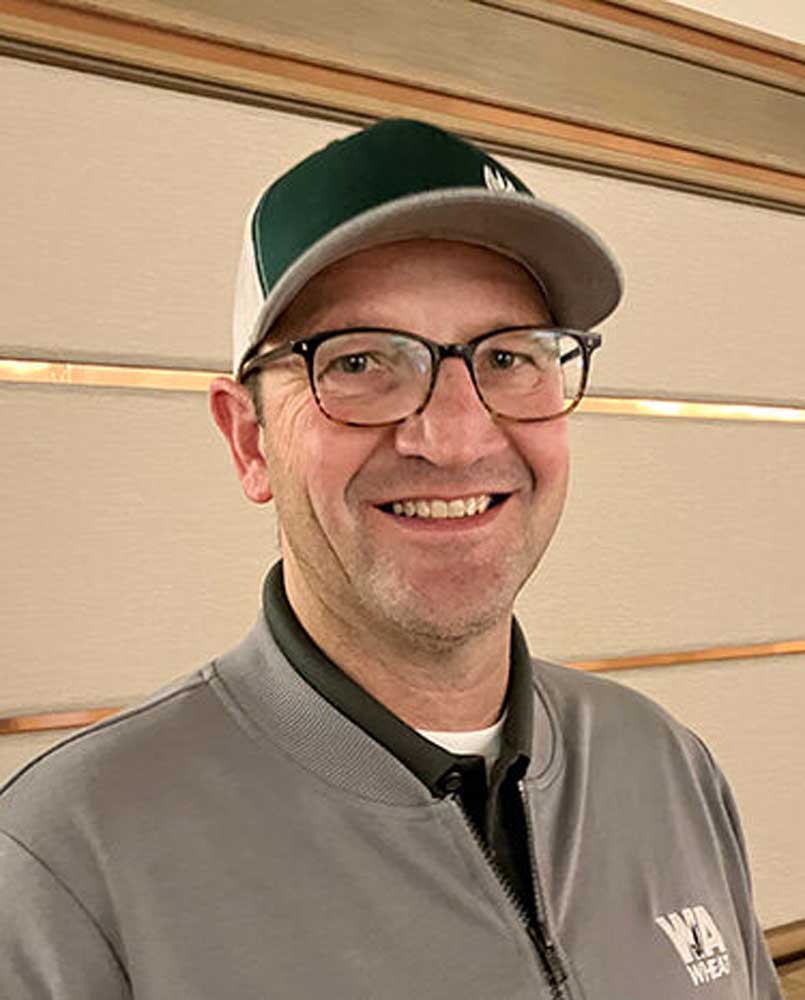
- Anthony Smith
Anthony Smith has a passion for wheat farming.
“When the wheat first starts poking out of the ground is pretty exciting, that relieves some stress,” Smith told the Capital Press. “Of course, those first few days of harvest are a feel-good time. Also, finishing harvest feels good, too.”
That passion helped lead Smith to serve a one-year term as president of the Washington Association of Wheat Growers.
“There’s a lot of concerns in agriculture,” he said. “I want to be there, I want it to be heard.”
Smith lives in the Tri-Cities and raises soft white wheat, hard red winter wheat and hard red spring wheat on 6,500 acres south of Prosser. He farms with his father, Steve.
He and his wife, Karen, have a daughter and a son.
Smith first got involved with WAWG at the county level, attending monthly board meetings.
“When you get involved, you feel like you’re helping other wheat farmers,” he said. “I want to help keep our industry a viable business.”
Among the challenges facing farmers is the lawsuit over the Snake River dams, which provide affordable transportation of wheat crops downstream and supplies upstream.
The industry also needs to advocate “heavily” for a new farm bill, Smith said.
“We don’t want to get caught up in another extension for the next few years,” he said. “We need to get a new, better farm bill done.”
Fuel exemptions
Another of Smith’s priorities is the state’s Climate Commitment Act.
When the Legislature passed the act, it exempted certain fuel agriculture uses on the farm and to transport agricultural products.
However, when the law became effective last year, many fuel suppliers began tacking on a carbon fuel surcharge for their compliance obligations under the law, according to WAWG.
Ultimately, that surcharge was passed on to consumers, including farmers who were supposed to be exempt when purchasing fuel for agricultural operations.
“It adds up — when you’re buying large quantities of fuel, it is noticeable,” Smith said.
Many fuel suppliers and distributors have implemented their own methods of exempting farmers, resulting in a patchwork that does not cover all producers, WAWG executive director Michelle Hennings said.
“Ensuring there are mechanisms approved by Ecology to ensure all producers receive the exemption is critical to ensure that farmers do not see increased fuel prices, as agriculture relies heavily on fuel and as a price taker, cannot pass on these costs,” Hennings said.
WAWG supports SB 5783/HB 1887, requiring the state Department of Ecology to rebate farmers and haulers of farm goods for carbon fuel surcharges they have paid, but not already received reimbursement.
Speaking to legislators
WAWG will speak with legislators during their Olympia Days this month. It will be Smith’s sixth or seventh time.
“I’m feeling more comfortable now,” he said. “They want to hear from the farmers: What do we need? What do we want?”
He advises other farmers to raise their concerns at WAWG’s county meetings.
“Your voice will be heard,” he said. “You’re not alone. We’re there for you.”



